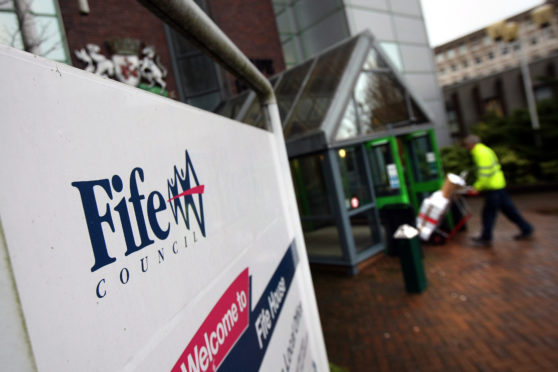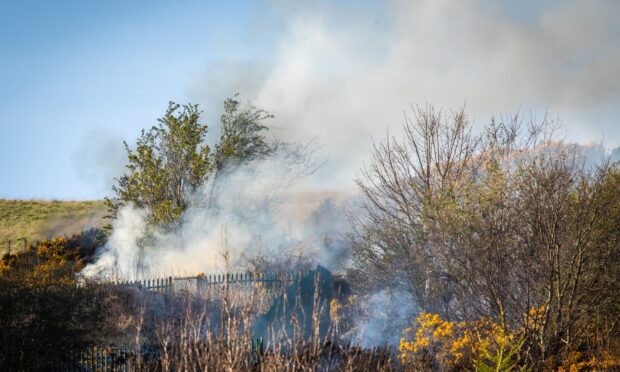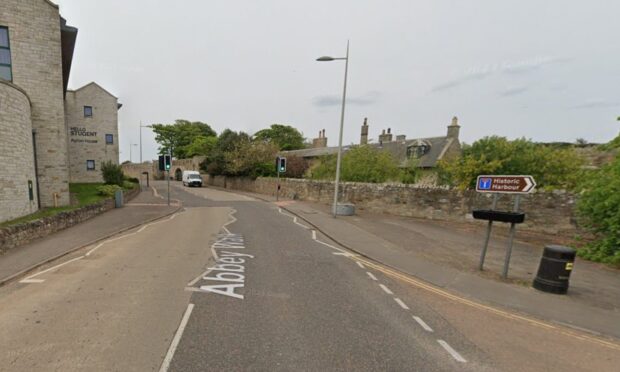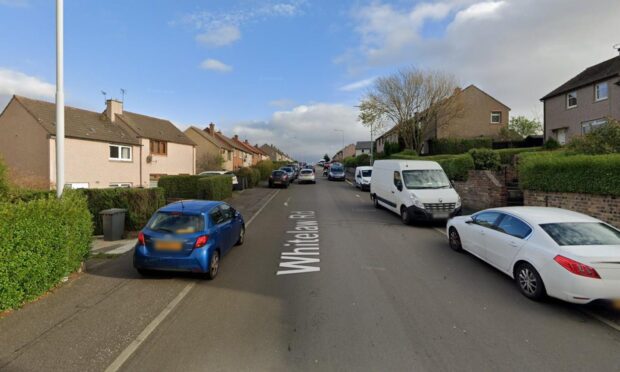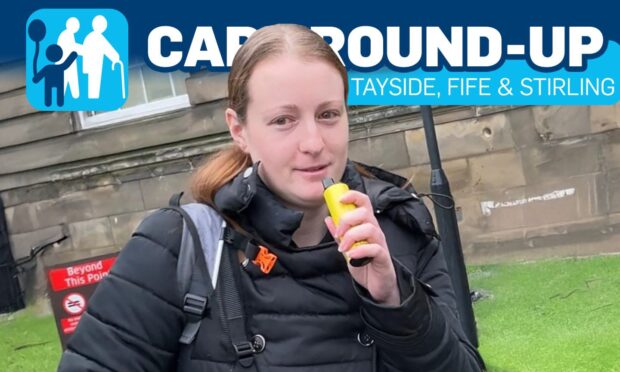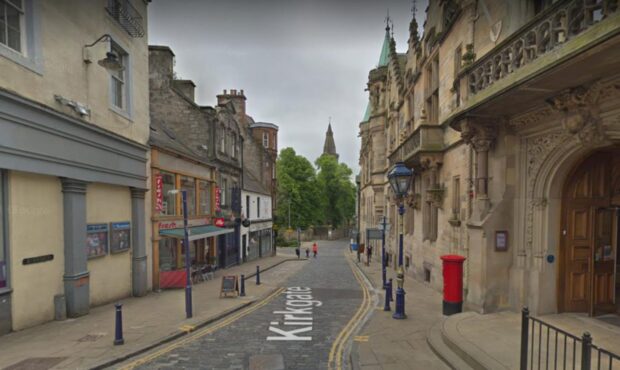Fife Council plans to spend an additional £320,000 on tackling antisocial behaviour.
The local authority’s Community and Housing Services Sub-Committee will discuss planned changes to its antisocial behaviour policy on Thursday.
It is planned to recruit more staff so the council can respond more quickly to complaints.
The council has acknowledged that most antisocial behaviour happens out of office hours and plans to have staff available 24 hours a day, seven days a week.
If approved by the sub-committee, the £320,000 investment would then be considered as part of the council’s budget process on February 25.
Head of housing services John Mills said in a report to the sub-committee: “In order to fully implement the recommendations, additional resources are required to
address low level antisocial behaviour complaints at an early stage, prevent escalation
and provide support to those people affected by the behaviour.”
Under the antisocial behaviour policy review, proposed changes include a single point of contact for complaints, improved evidence gathering and engagement with community councils and residents’ groups.
The council also aims to initiate legal action more promptly in cases of serious antisocial behaviour.
Meanwhile, the council has piloted a mobile phone app to allow residents to report noise nuisance.
“A Noise App has recently been piloted and will be extended to customers
reporting issues with noise nuisance,” said Mr Mills.
“Accessible for free, user friendly and admissible in court as evidence the Noise App will support those affected to gather evidence in real time.”
Another aspect of the review is providing clarity around what will not be treated as antisocial behaviour. This includes breaches of Covid-19 restrictions.
Complaints about a smell of drugs from a property, parking and boundary disputes and banging doors are also not to be dealt with under the policy.
Mr Mills said: “The changing nature of antisocial behaviour over recent years has caused many local authorities to rethink their policies and strategies to incorporate the wider issues of community safety as a whole, with recognition being given to the importance of the whole systems or public health approach.
“The impact of proactive prevention cannot be understated, if we are to identify different means of providing appropriate and meaningful support to those within our communities who require it.
“The prevalence of complexities such as substance misuse, poor mental health, poverty and inequality combine to exacerbate issues such as antisocial behaviour.”
